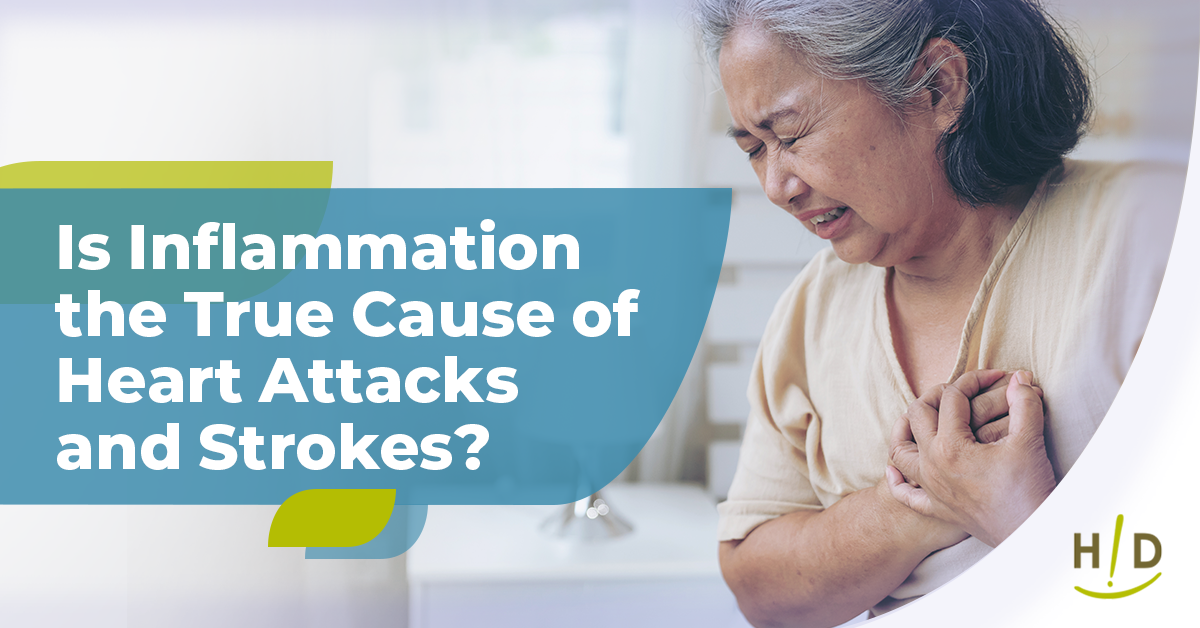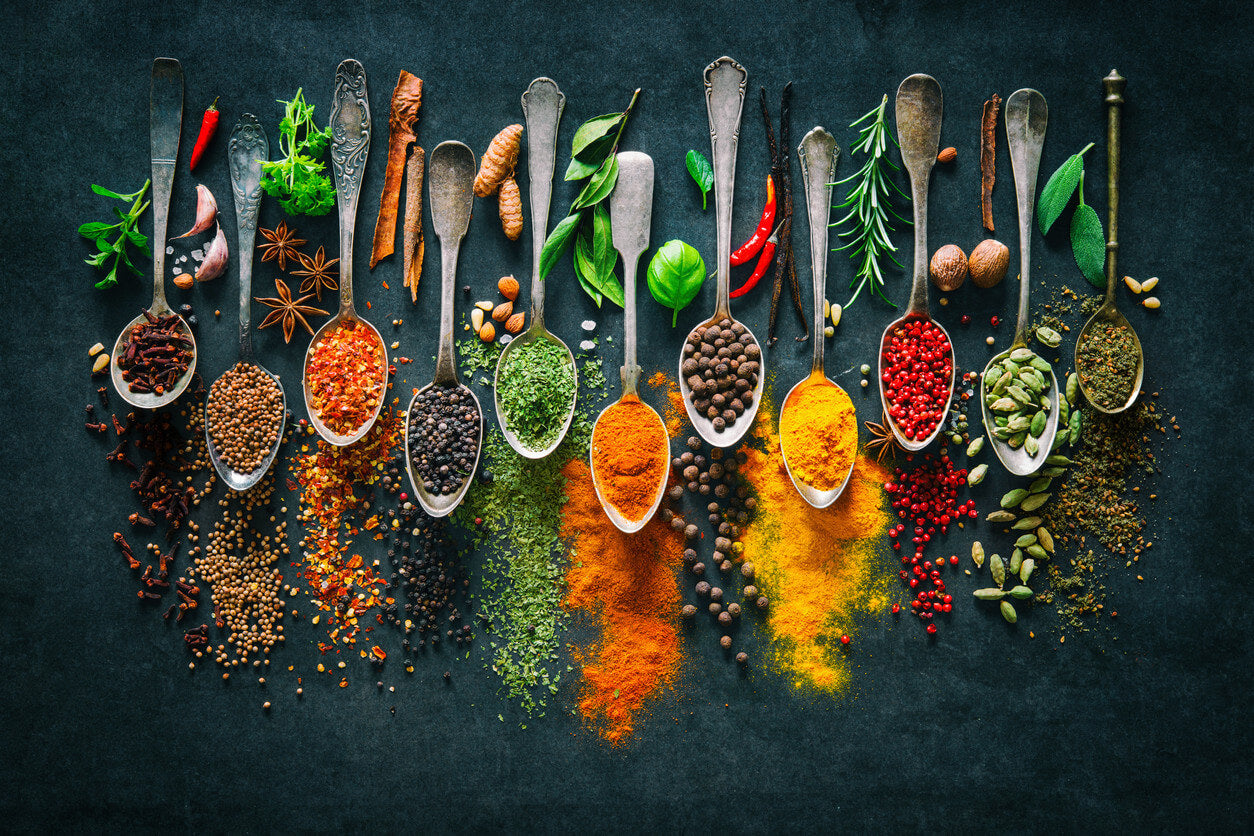While narrowed coronary arteries caused by a build-up of plaque is most commonly associated with one's risk of developing a heart attack or stroke, the condition of your arteries isn't always necessary the bottom line that increases or decreases your chances. According to recent research by scientists at the University of Oxford, inflammation in the heart's blood vessels could actually be the underlying cause.
The Research
For decades, the focus of reducing one's heart attack or stroke risk has been focused on the narrowing of or blockages in the arteries. However, Keith Channon, MD, coauthor of the study and a professor of cardiovascular medicine at the University of Oxford, believes the cause of such blockages is actually inflammation. Understanding plaque biology and behavior is more critical than the narrowing of the arteries.
"About half of the heart attacks that occur in arteries that weren't seriously or significantly narrowed that day before the heart attack," noted Mayo Clinic cardiologist Stephen Kopecky, MD. "We just don't have a test that predicts the future for when a plaque's going to rupture and a heart attack's going to occur."
Researchers can, however, measure coronary inflammation and how it could impact one's heart attack or stroke risk in the future. The occurrence of elevated levels of the common biomarker for inflammation, C-reactive protein, indicates inflammation is somewhere in the body, and could indicate that the initial process of blocked arteries is taking place, but it's not a significant locator or strong predictor of heart attack or stroke.
In this study, the researchers obtained pieces of aortic tissues from cardiac surgery patients and also isolated immature fat cells from adipose tissue deposits that surrounded the coronary arteries. Researchers treated the fat cells with human aortic tissue and a proinflammatory agent, which led to positive results, showing that fat cells respond to inflammation from the arteries.
"When we induced inflammation in these aortic tissue samples, then the fat cells growing around these samples lost nearly completely their ability to accumulate fat," explained Charalambos Antoniades, MD, PhD, an associate professor of cardiovascular medicine at the University of Oxford and principal investigator of the study. So inflammation inside the arteries could be found by locating changes in fat accumulation outside of the arteries, which can be measured by a special CT scan set up to measure spatial changes in fat tissue.
The research team then expanded their in vitro work and analyzed scans from patients with atherosclerosis, as well as those who had experienced a heart attack during the acute phase and then again five weeks later. The researchers found that by analyzing the scans early, they could discriminate areas of stable plaques from ruptured plaques that could have caused the heart attack.
"This means that by studying perivascular FAI, you can detect the vulnerable plaques, and you can track changes of plaque inflammation happening weeks after the heart attack," Antoniades said. "Currently the CT angiogram gives you one result: stenosis and where. Now with the new biomarker, each CT angiogram will have an additional readout and that will be inflammation."
Hopefully in the future these CT angiograms will be able to detect unstable plaques and give you warning of an imminent heart attack. Until then, an elevated level of C-reactive protein indicates that you need to take action now.
How to Reduce Your Heart Attack and Stroke Risk
What's the best way to lower C-reactive protein levels - the common biomarker for inflammation - in your system? Change your diet. Cutting out sugar, refined grains and processed foods and replacing them with fruits and vegetables by following a plant-based diet such as the Hallelujah Diet provides your body with the antioxidants it needs to fight inflammation and thrive. By prioritizing a healthy lifestyle by changing your diet, exercising regularly and dropping unhealthy habits, you can help to reduce your risk for heart attack and stroke and live your healthiest life possible.
"The occurrence of C-reactive protein in the body could indicate the chance of arterial blockage."






